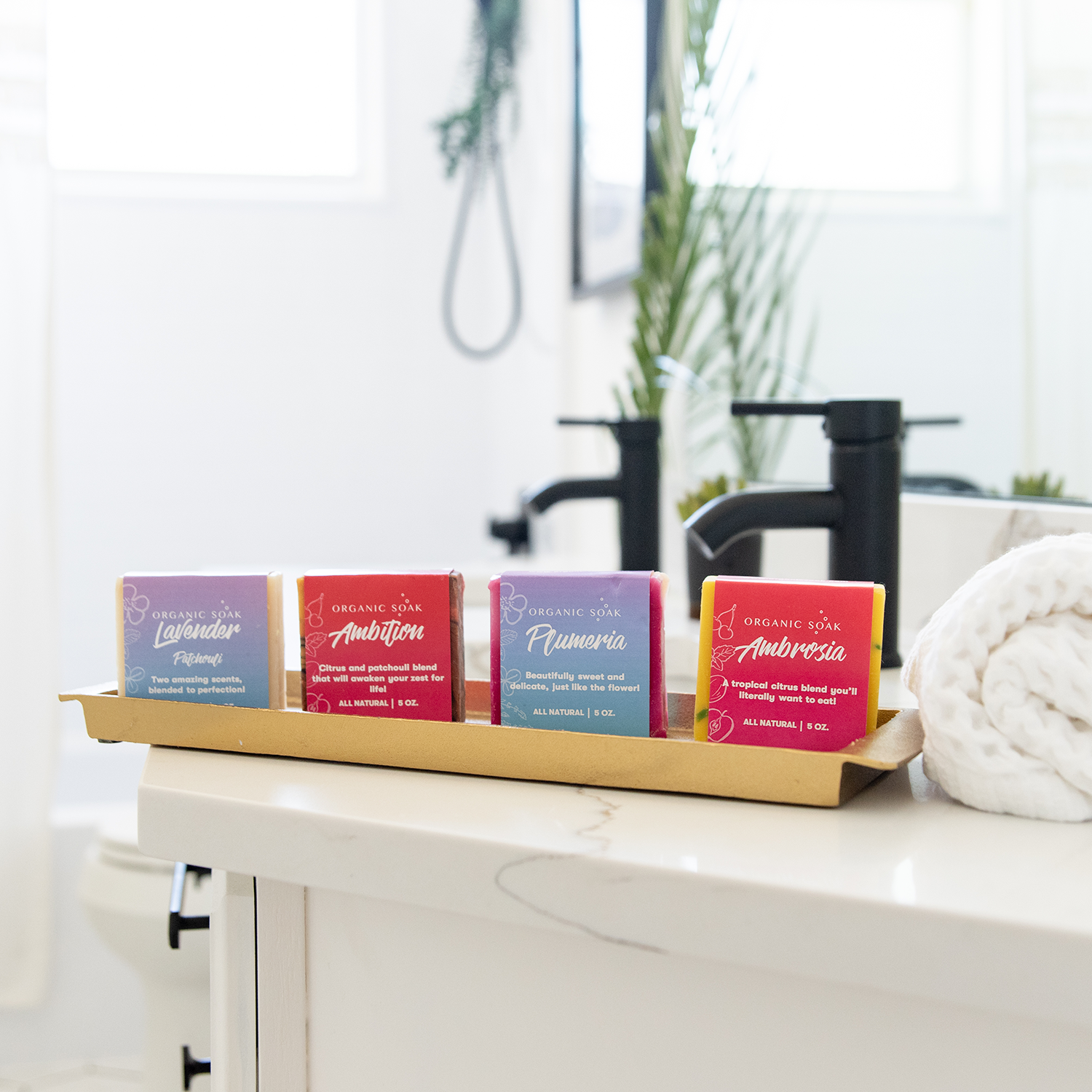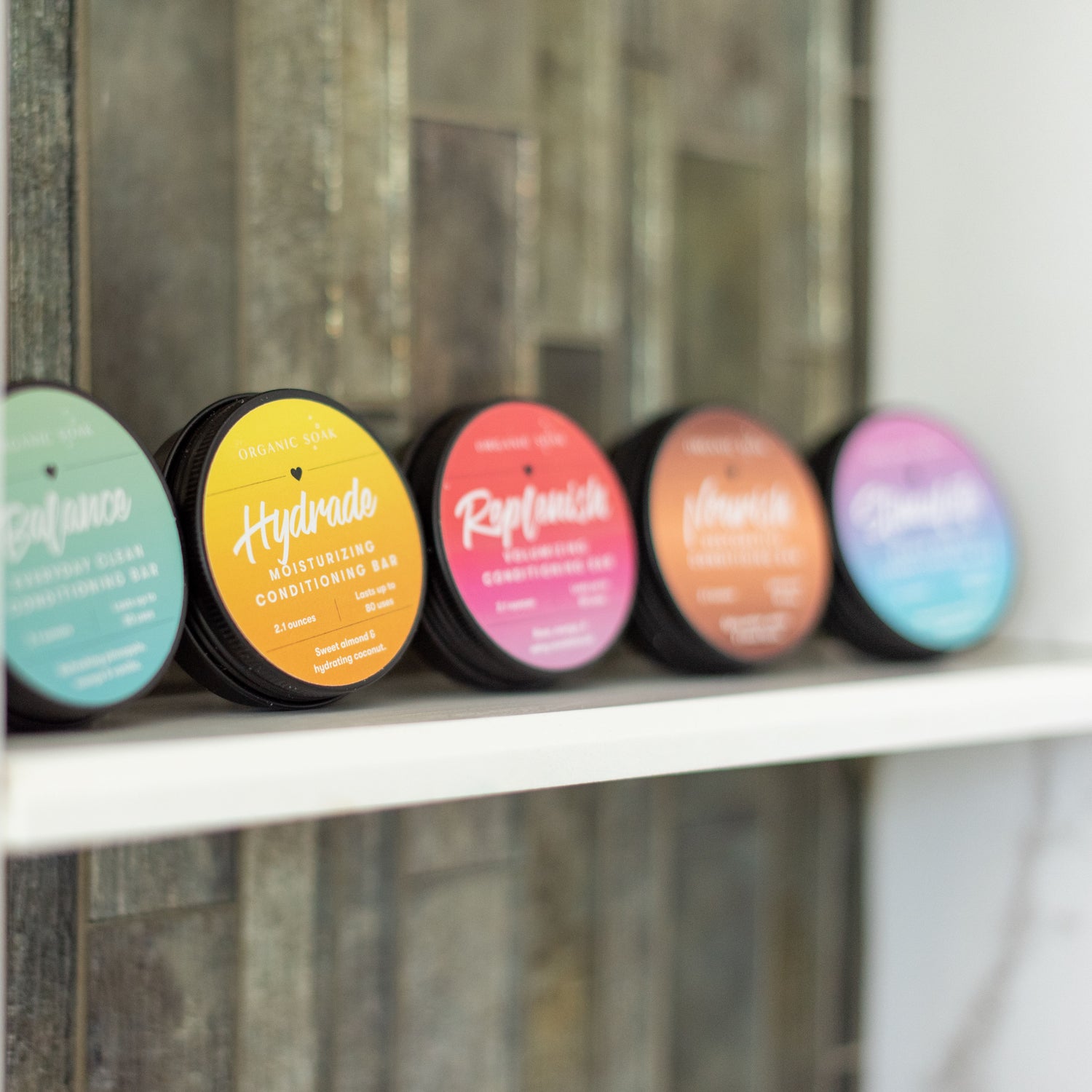We’re really living in uncharted waters right now.
As the spread of Covid-19 advances, many of us are fearful for our health and the safety of our loved ones – particularly our parents and older relatives.
Some of us have lost our jobs or experienced a full halt in our businesses, and are worried about our financial future and the overall state of the economy.
We’re living in quarantine and a state of isolation that we’ve never experienced before.
It’s understandable – and dare I say completely normal – to be feeling incredibly stressed right now. And for those of us living with psoriasis, those feelings of extreme stress often coincide with significant flare ups.
Stress is known to trigger inflammation in the body. And psoriasis, itself, is an inflammatory response. So it’s common in stressful, sad, and even physically strenuous times for this auto immune disorder to make a VERY grand appearance.
Unfortunately, we can’t change the circumstances surrounding this virus, the economy, or our mandated quarantine, but there are some steps we can take to try to reduce our stress levels and accompanying psoriatic inflammatory stress response.
Follow these four tips to help find some relief:
#1 – Get moving. Yes, we’re in quarantine, but there’s nothing preventing us from taking a nice walk outdoors, as long as we maintain a 6FT distance from others. If a walk isn’t your style, check out this list of studios and gyms offering free live stream workouts during the coronavirus outbreak.
Any kind of physical activity helps to boost the production of endorphins, which are your brain’s “feel-good” neurotransmitters. These endorphins help relieve stress, improve sleep, and can even help reduce depression. They also help to decrease inflammation in the body, therefore reducing any psoriasis-related flare ups you may be experiencing.
#2 – Calm your mind. A daily meditation practice can give you a sense of calm, peace, and balance that benefits both your emotional well-being AND reduce your body’s immune response to stress. A regular practice can help minimize inflammation in the body and get stress-related psoriasis flare ups under control.
New to meditation? Free apps like The Smiling Mind, Stop, Breathe & Think, and UCLA Mindful can help you practice meditation and mindfulness exercises from any device, at any time of the day or night. If you have difficulty quieting your mind, lighting a candle and staring at the flame has helped me tune in and zone out the background noise, so perhaps it will do the same for you, too. Remember the objective is to reduce your stress, so if you find it hard or uncomfortable, be gentle with yourself and incorporate it at a pace that works for you.
#3 – Find an online support group. TalkPsoriasis is the world’s largest online support group of people impacted by psoriasis or psoriatic arthritis. It fosters an open and encouraging environment where people can connect, exchange information, and meet friends.
Once we’re out of quarantine, seek out local in person groups in your community, too. The National Psoriasis Foundation lists local group meet ups. Check to see if there’s one actively meeting in your location. And if there isn’t, perhaps you can start one of your own!
#4 – Seek the good. It never fails during times of strife, the helpers, the healers, and all around goodness-creators come out in full force. Social media, for the first time in a while, is loaded with images of people making masks for our health care heroes.
Many local businesses who’ve been forced to shut down are taking out loans to pay their staff until they can reopen. Individuals are virtually bonding together by reading books online to children, and nuclear families are getting enormous amounts of unfiltered and undistracted time together.
Take a moment to appreciate all the good that’s happening around us – even in this unprecedented time of fear and uncertainty.
What tips can you add to this list to help the rest of us manage our flare ups? Please add your thoughts in the comments below.
If you found this to be helpful, please subscribe and share with your friends. Stay safe, stay grounded, and stay healthy.





